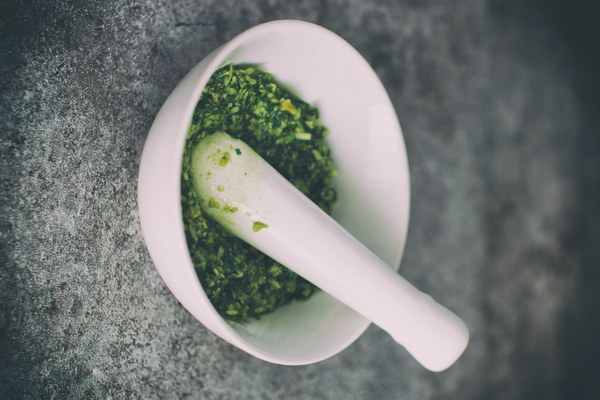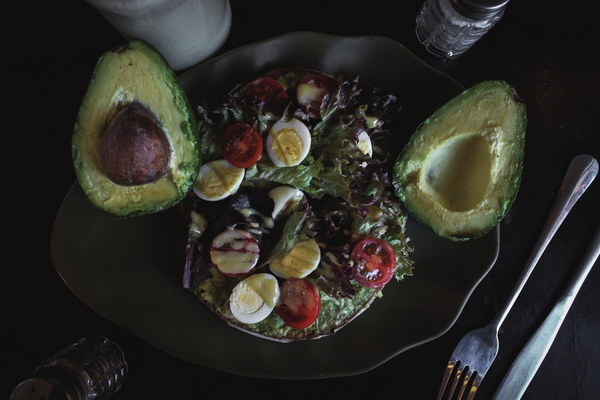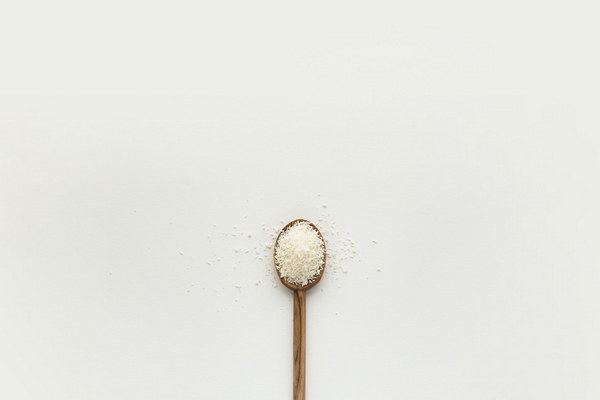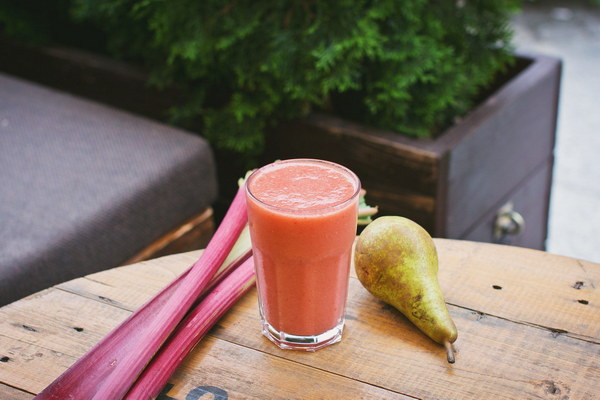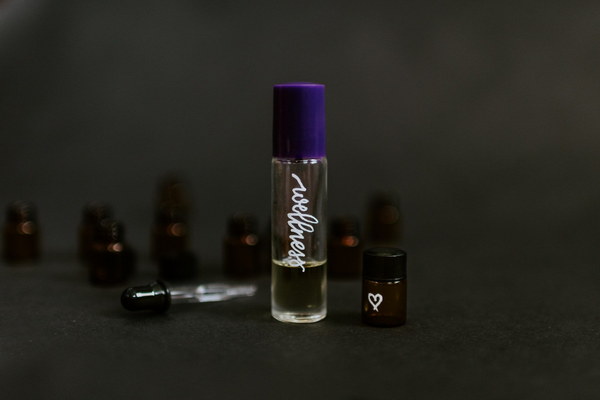The Best Ways to Nourish and Protect Your Liver for Optimal Health
In today's fast-paced world, taking care of our health often takes a backseat. One vital organ that often gets overlooked is the liver. The liver is responsible for a myriad of functions, from detoxifying the body to metabolizing nutrients. To ensure that your liver remains healthy and efficient, it's crucial to adopt a lifestyle that supports its optimal function. Here are some expert-recommended ways to nourish and protect your liver for the best health outcomes.
1. Maintain a Balanced Diet
A well-rounded diet is the cornerstone of liver health. Incorporate a variety of nutrients to support your liver's functions:
- Fiber-Rich Foods: Foods like whole grains, legumes, and vegetables help to reduce the risk of fatty liver disease by decreasing the absorption of fat and cholesterol.
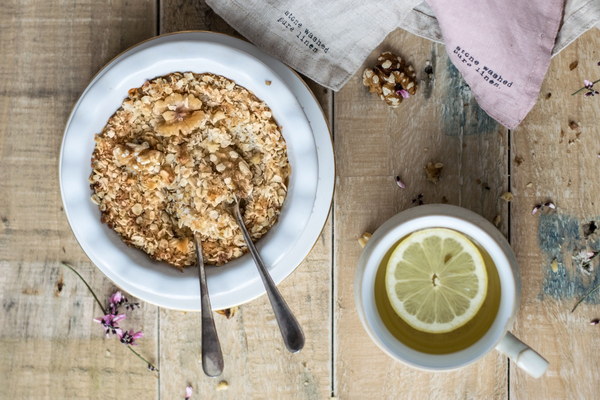
- Antioxidant-Rich Fruits and Vegetables: Berries, spinach, kale, and bell peppers are rich in antioxidants that can protect your liver from oxidative stress and damage.
- Healthy Fats: Monounsaturated and polyunsaturated fats found in avocados, nuts, and seeds can help reduce inflammation and support liver health.
- Protein: Lean proteins such as fish, poultry, and legumes aid in the production of antioxidants that protect the liver.
2. Stay Hydrated
Water is essential for liver function. It helps to flush out toxins and maintain the liver's ability to produce bile, which is necessary for fat digestion. Aim to drink at least eight glasses of water per day, more if you are active or live in a hot climate.
3. Limit Alcohol Consumption
Excessive alcohol consumption is a leading cause of liver disease. Even moderate drinking can strain the liver, so it's best to limit your intake. If you choose to drink, do so in moderation and never on an empty stomach.
4. Avoid Over-the-Counter Medications and Supplements
Many over-the-counter medications and supplements can be harmful to the liver. Always read the labels and consult with a healthcare provider before starting any new medication or supplement.
5. Exercise Regularly
Physical activity helps to improve overall health and can specifically support liver function. Regular exercise can help manage body weight, reduce the risk of fatty liver disease, and increase the production of antioxidants.
6. Manage Your Weight
Being overweight or obese increases the risk of developing non-alcoholic fatty liver disease (NAFLD). Maintaining a healthy weight through diet and exercise can help protect your liver.
7. Get Regular Screenings
Certain conditions, like hepatitis B and C, can be asymptomatic in the early stages. Regular health screenings can detect these conditions early when they are more treatable.
8. Avoid Toxic Substances
Exposure to environmental toxins can harm the liver. Be mindful of the products you use in and around your home, such as cleaning agents and personal care products. Opt for natural alternatives whenever possible.
9. Manage Chronic Conditions
Chronic conditions like diabetes, high cholesterol, and high blood pressure can increase the risk of liver disease. Work with your healthcare provider to manage these conditions effectively.
10. Reduce Stress
Chronic stress can lead to a variety of health issues, including liver problems. Find healthy ways to manage stress, such as meditation, yoga, or spending time in nature.
In conclusion, nurturing your liver is a multifaceted endeavor that requires a combination of lifestyle changes and regular medical care. By adopting a balanced diet, staying hydrated, limiting alcohol and harmful substances, exercising, managing your weight, and taking care of your overall health, you can significantly reduce the risk of liver disease and support your liver's optimal function for a healthier life.
